


The India Collaborative Program between the Indian Council of Agricultural Research (ICAR) and ICARDA was set up for a period of three years (2014-15/2016-17) to promote, among other areas, collaboration in research for genetic enhancement of yields, quality improvement and resistance to abiotic stresses, impact analysis of technological interventions on pulses, and mapping of rice-follows to identify areas for various crop cultivation using geo-informatics tools.
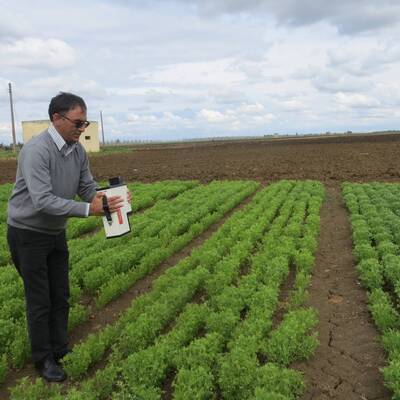
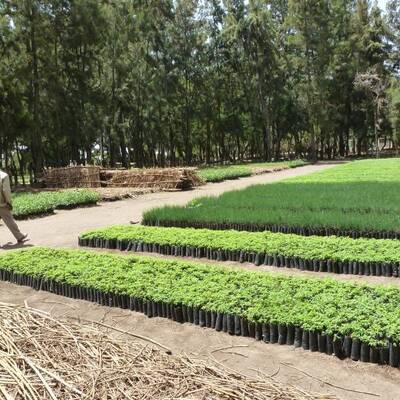
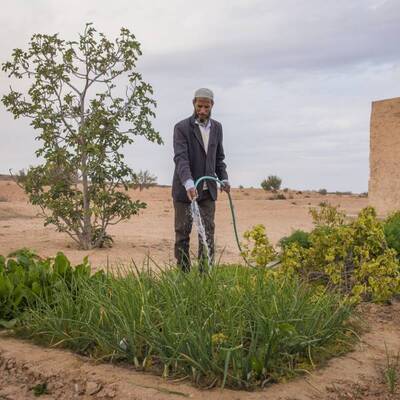
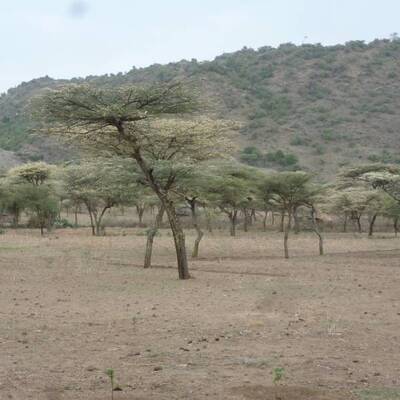
To promote agricultural intensification and diversification in India, the India Collaborative Program goals are, among others: evaluation of ICARDA germplasm of barley, faba bean, forage and fodder species, grass pea, Kabuli chickpea, lentil and wheat, and selection of site-specific species/genotypes; identification of resistance genes in lentil by association mapping and bi-parental analysis; quantification of rice fallows for agricultural intensification and diversification in India.
The project aims at enhancing resource-use efficiency and enabling policy options to improve the livelihoods of rural communities through pulse production in India, and through assessing the potential of remote sensing images for identifying agricultural fallow areas (with special emphasis on rice fallows).
UPDATES
In 2020, in partnership with ICAR and several India state agricultural universities, ICARDA targeted the identification and deployment of climate-smart faba bean, grass pea, Kabuli chickpea, and lentil for intercropping with durum wheat and barley in different environmental settings in India. In total, 159 barley, 147 durum wheat, 102 Kabuli chickpea, 96 lentils, 36 grass pea and 25 faba bean varieties were provided to partner institutions. In the same year, zero tillage approaches with rice-chickpea, millet-chickpea, and soybean-lentil were recommended as profitable technologies in the country. ICARDA’s 19 cactus nurseries were expanded to agriculture science centers in three more Indian states, and a salinity-tolerant lentil variety (PDL-1) and a Kabuli chickpea variety (PBG-8) with a 14.49% yield advantage were released.
In 2021, improved pulses technologies were promoted in rice fallows and traditional areas in 14 districts of Odisha under the Odisha Pulse Mission Phase II (a separate project within the Collaborative Program). In Madhya Pradesh, new lentil varieties were upscaled in partnership with the Jawaharlal Nehru Agricultural University and its six agricultural science centers. Two lentil varieties performed excellently for seed yield and disease resistance. Furthermore, a new rice-lentil-rice pattern cropping pattern, which includes the super-early lentil variety, Barimasur-9, was recommended to intensify the rice system in Bangladesh, eastern India, and Nepal.
In 2022, 2,192 elite germplasms of lentil, chickpea, grasspea, faba bean, durum wheat, bread wheat, and barley were shared with Indian partners through 26 international nurseries.
For more information please visit full project website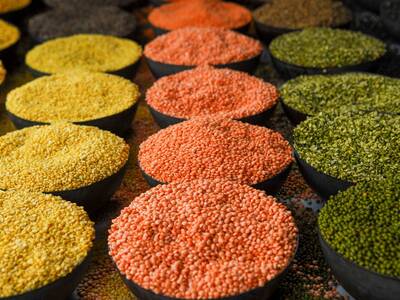
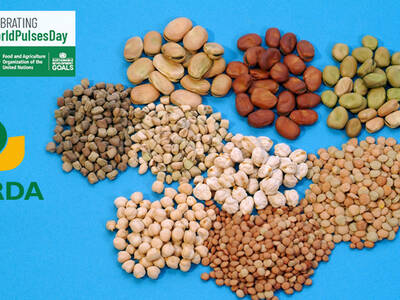

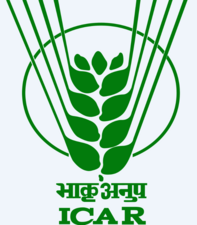

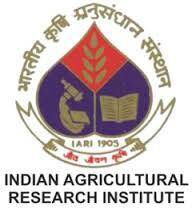

© 2026 International Center for Agricultural Research in the Dry Areas (ICARDA)